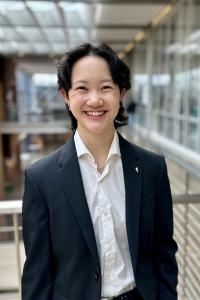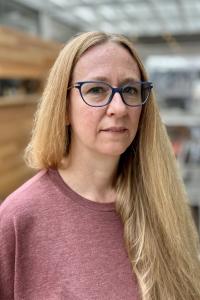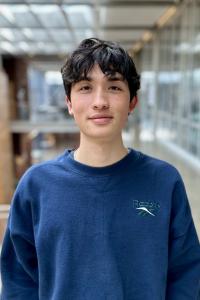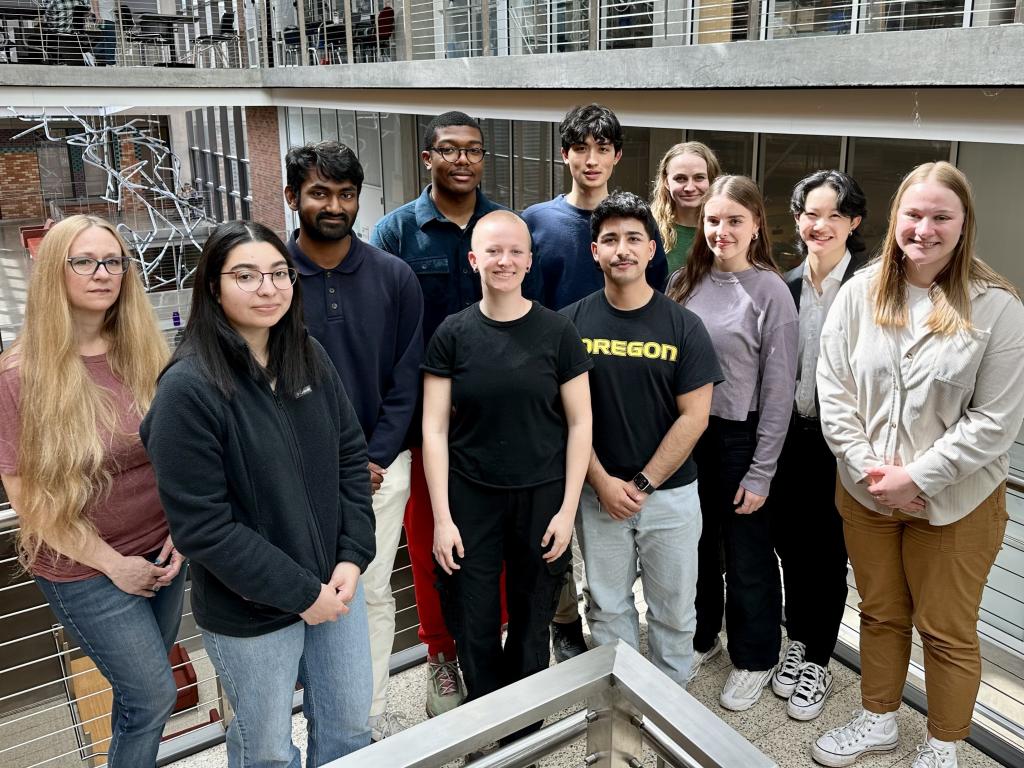
For young adults interested in science, an undergraduate research project is a formative experience. It introduces them to the enthralling world of problem solving and can illuminate pathways into fulfilling careers. At the University of Oregon, twelve undergraduate science majors are in the midst of their year of research in the Hui Undergraduate Research Scholars (HURS) program and diving deep into subjects ranging from the neurophysiology of stress reduction to the development of a novel biomaterials platform to treat osteoarthritis.
The HURS program supports students from backgrounds that have been historically marginalized in STEM by providing them with a $15,000 fellowship award and cohort-based professional development activities focused on science communication and career preparation.

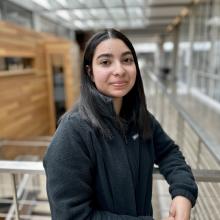
Reflecting on my values as someone from an underrepresented community, I recognize the importance of breaking down barriers. These high-impact opportunities make a big difference in the professional and academic development of underrepresented students at the University of Oregon. This program not only fosters inclusivity in higher education, but also creates a sense of belonging for students like me.
The HURS program is made possible through the generous support of University of Oregon alumni, Tom and Cathy Hui.
“I know it sounds cliché, but it really does take a village to develop and support opportunities like this,” says Karl Reasoner, senior program manager of the Undergraduate Research Opportunity Program and director of HURS. “This opportunity wouldn’t be possible without our dedicated alumni, engaged faculty, and the collective effort of senior leadership across the university to make this a priority.”
The fellowship program culminates with a presentation at the Undergraduate Research Symposium in the spring of 2025.
Learn more about the 2024-2025 cohort below:
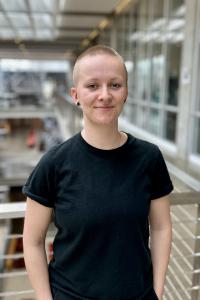
Abiel Locke
Evidence of Inverse Care Law: Rates of depression diagnosis and symptom-based depression are differentially associated with socioeconomic status in the Study of global AGEing and adult health (SAGE)
Mentor: Josh Snodgrass
Ashish Sathya
Political beliefs and concept learning
Mentor: Dasa Zeithamova Demircan
Lab: Brain and Memory Lab
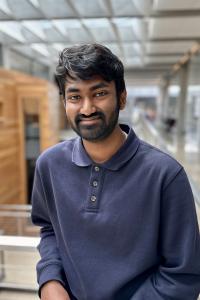
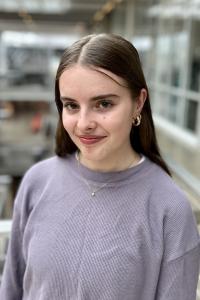
Emily Sverdrup
Development of a novel biomaterial platform for the sustained delivery of an inflammation-resolving therapeutic to treat osteoarthritis
Mentor: Nicholas Pancheri
Lab: Willett Lab
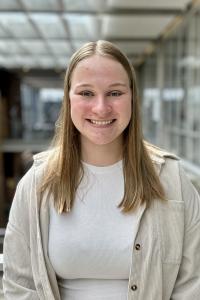
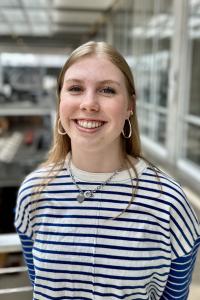
Julia Woolf
Large-scale screen investigating genes required for propagation of the [BIG+] prion
Mentor: Abigail Loftus
Lab: Garcia Lab
Karla Barajas
Multimodal cueing for planning and execution of reach movements
Mentor: Nicholas Kreter
Lab: Motor Skill Lab
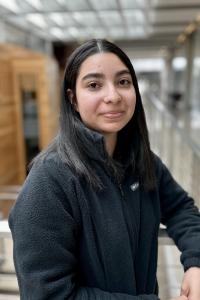
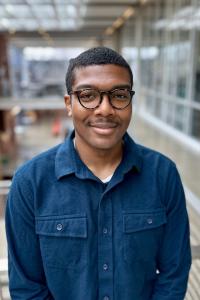
Mason Brown
Muscle cell stretch during dissection can be used to predict fiber type in human tissue
Mentor: Austin Ricci
Megan Adamec
Capacitive impedance sensors for monitoring bone integration
Mentor: Salil Karipott
Lab: Ong Lab
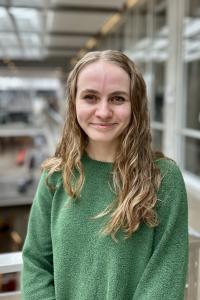
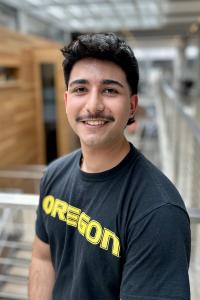
Sebastian Ibanez Sanhueza
Noninvasive biomarker for long COVID
Mentor: Elizabeth (Birdie) Shirtcliff
Sera Lew
Possible benefits of maternal thiamine supplementation for mother-infant joint attention in Cambodia
Mentor: Dare Baldwin
Lab: Acquiring Minds Lab
